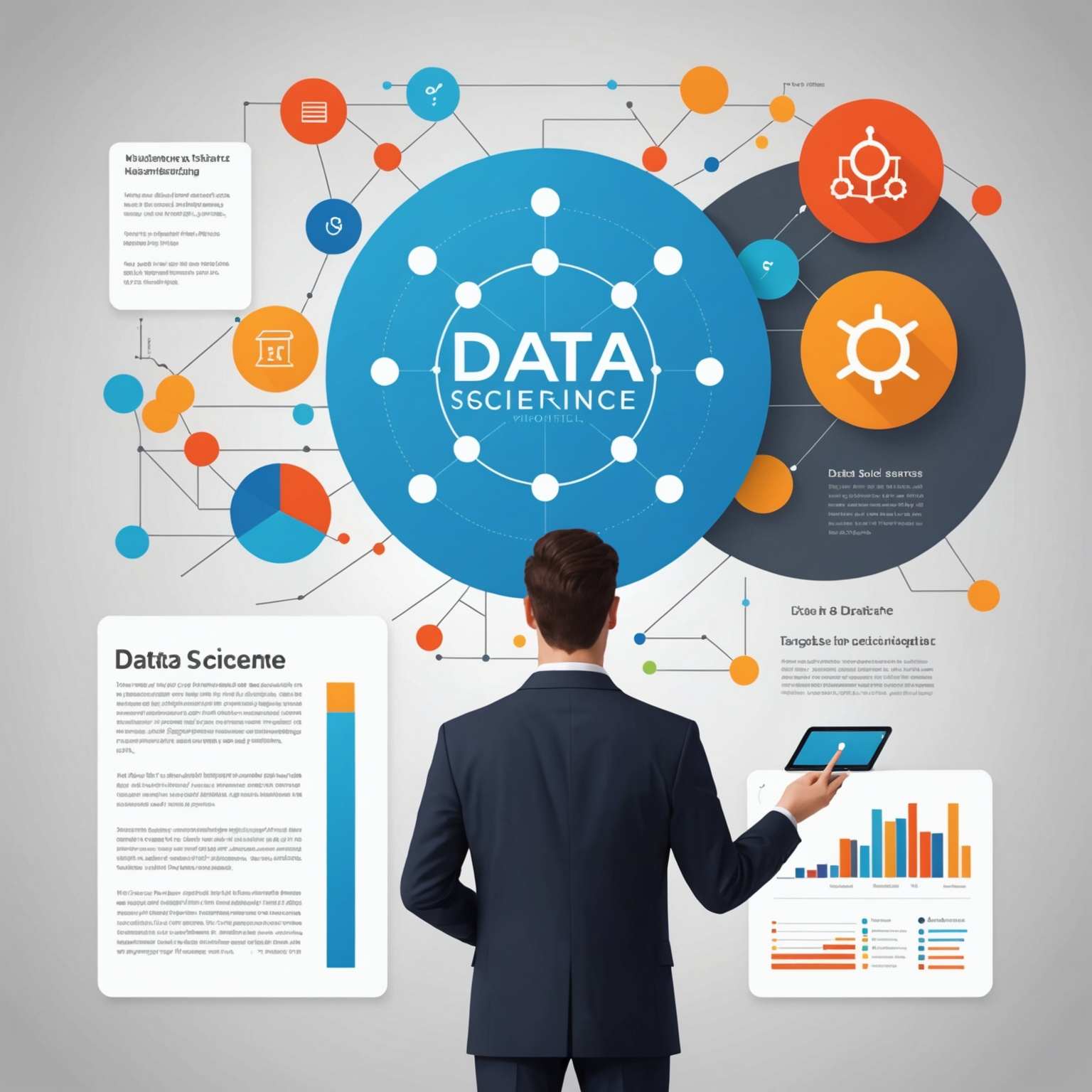What is the Significant Tech Expertise to Master Today?

In the present quickly developing mechanical scene, staying aware of the most recent abilities is fundamental for remaining serious and boosting vocation open doors. With the ascent of computerization, man-made brainpower, and other trend setting innovations, zeroing in on mastering the most applicable tech skills is essential. This article investigates four basic tech abilities that are popular and offers bits of knowledge into why every one is fundamental for the present experts. Whether you're hoping to enter the tech business or upgrade your ongoing range of abilities, these abilities can give a critical benefit in the gig market.
1
"Embracing Man-made reasoning and AI"

Man-made consciousness (artificial intelligence) and AI (ML) are changing the manner in which we live and work. These advances are being incorporated into different applications, from self-driving vehicles to customized suggestions on streaming stages. Learning simulated intelligence and ML includes understanding how to plan and execute calculations that empower machines to gain from information and decide. This range of abilities is especially important as organizations endeavor to mechanize processes and further develop proficiency. Experts talented in man-made intelligence and ML can work in a scope of enterprises, including innovation, money, medical services, and auto. The job frequently requires information on programming dialects like Python and Java, as well as experience with systems like TensorFlow and PyTorch. Moreover, a solid groundwork in science, especially in measurements and direct polynomial math, is fundamental for outcome in this field. As artificial intelligence and ML keep on developing, the interest for specialists here is supposed to increment, making it a future-confirmation expertise for professional success.
Do you agree?
2
"Creating Distributed computing Abilities"

Distributed computing has upset the manner in which organizations work, offering versatile and adaptable answers for information capacity, the board, and handling. Learning distributed computing includes acquiring capability in stages, for example, Amazon Web Administrations (AWS), Microsoft Sky blue, and Google Cloud Stage (GCP). These abilities are essential for planning, conveying, and overseeing cloud-based framework and administrations. Experts in distributed computing need to figure out different parts of cloud design, including virtualization, stockpiling, systems administration, and security. Also, they ought to be know about devices for computerization and coordination, like Kubernetes and Docker. The capacity to move applications and information to the cloud and advance cloud conditions for execution and cost-effectiveness is profoundly esteemed. As additional associations take on cloud techniques, the interest for gifted cloud experts is developing, making this an essential expertise for IT experts hoping to propel their vocations. Distributed computing skill can prompt jobs, for example, cloud designer, cloud architect, and cloud advisor, each offering huge development potential.
Do you agree?
3
"Dominating Information Science"

Information science has turned into a foundation of present day business system, impacting dynamic cycles across ventures. As associations gather tremendous measures of information, the capacity to investigate and decipher this information is priceless. Information researchers utilize factual strategies, calculations, and AI methods to reveal examples and bits of knowledge that can drive business development and advancement. By dominating information science, experts can assist organizations with pursuing information driven choices, streamline tasks, and gain an upper hand. The interest for gifted information researchers is developing quickly, with amazing open doors in different fields like money, medical services, showcasing, and innovation. Mastering information science includes procuring abilities in programming dialects like Python and R, understanding information perception apparatuses, and acquiring mastery in AI structures. The capacity to impart complex information discoveries to non-specialized partners is likewise a vital part of this job. Generally, information science is a profoundly rewarding and significant expertise that can open ways to various vocation ways.
Do you agree?
4
"Succeeding in Online protection"

With the rising dependence on computerized innovations, network safety has turned into a basic worry for organizations and people the same. Digital dangers are advancing, turning out to be more complex and successive, which requires vigorous safety efforts to safeguard delicate data. Learning online protection includes understanding how to recognize weaknesses, carry out security conventions, and answer digital occurrences. Experts in this field should be knowledgeable in network security, encryption techniques, and hazard the executives systems. They should likewise remain refreshed on the most recent digital dangers and alleviation procedures. Vocations in network safety are assorted, going from moral hacking and entrance testing to security examination and consistence. The job frequently requires confirmations like Ensured Data Frameworks Security Proficient (CISSP) and Affirmed Moral Programmer (CEH). As associations focus on safeguarding their computerized resources, the interest for network protection specialists is on the ascent, offering steady and remunerating profession open doors.
Do you agree?
Share this article
 Brilliant and Gleaming: Excellence and Skincare Practices
Brilliant and Gleaming: Excellence and Skincare Practices From Dread to Certainty: Individual Accounts of Strengthening
From Dread to Certainty: Individual Accounts of Strengthening Vote in favor of the juice that you love for its medical advantages!
Vote in favor of the juice that you love for its medical advantages! A definitive Manual for Well known Fragrances
A definitive Manual for Well known Fragrances The 15 Best Business visionaries Under 40
The 15 Best Business visionaries Under 40 Find the Abilities Required for Advanced Advertising Position
Find the Abilities Required for Advanced Advertising Position Allow Innovative Progressions To have a Massive Effect
Allow Innovative Progressions To have a Massive Effect The Specialty of Do-It-Yourself Home Style: Change Your Space
The Specialty of Do-It-Yourself Home Style: Change Your Space Step by step instructions to Guarantee the Life span of Your Dental Inserts: Support and Care Guide
Step by step instructions to Guarantee the Life span of Your Dental Inserts: Support and Care Guide













